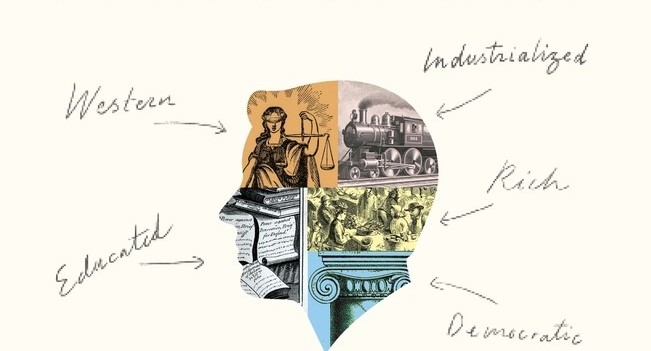A Note on Christianity
A few people commented on the original article with comments to the effect of, ‘but the New Testament does say some stuff about divorce and plural marriage.’
Sure. Although I never said it didn’t! In the relevant paragraph, I was just giving an example to highlight that the Tanakh allows for all of these things (that sentence led with, ‘for instance’). But, for the record, the broad point of that paragraph still holds even using the New Testament as an example (although it’s more of a digression than I wanted to go into in the main text).
For example, the specific circumstances under which divorce was prohibited or allowed have historically been viewed as unclear — and there is long-running and robust debate about this, that actually continues to the present. With respect to the time period under consideration here, the Eastern Orthodox Church was much more lax than the West Church MFP about divorce — as the paragraph in question noted.
Ditto with plural marriage (and concubinage). Many strains of Christianity to this day continue to practice it, and the verses that are held to prohibit it are disputed in some circles, and have been disputed historically. Indeed, outside the domain of the West Church, even in historical Christian populations, plural marriage continued to be practiced until the West Church norms took over. And the practice was still more common among those Western Europeans who had not yet been converted to Christianity. As the piece notes, before the imposition of the West Church MFP, plural marriage and concubinage were fairly common in Western Europe.
Finally, the West Church MFP’s eventual taboos on cousin marriage (all the way to 3rd cousins), arranged marriages, adoption — not to mention the unique rules on ‘legitimate’ children — almost all of this was extra-Biblical. As a consequence, where the West MFP was not dominant, neither were these norms.
Henrich argues that significant differences emerged between these populations as a result of these divergent norms around sex, marriage and families — even within Christendom — as the piece describes. The places where the West Church MFP prevailed had very different norms, even than other Christian populations. Many of these norms had a tenuous connection to the scriptures, or were disputed at the time among other Christian populations, but proved highly consequential nonetheless.
